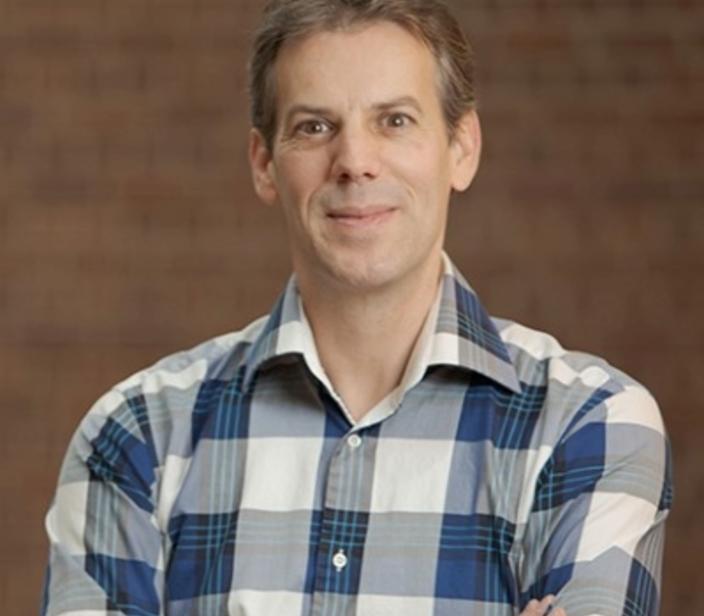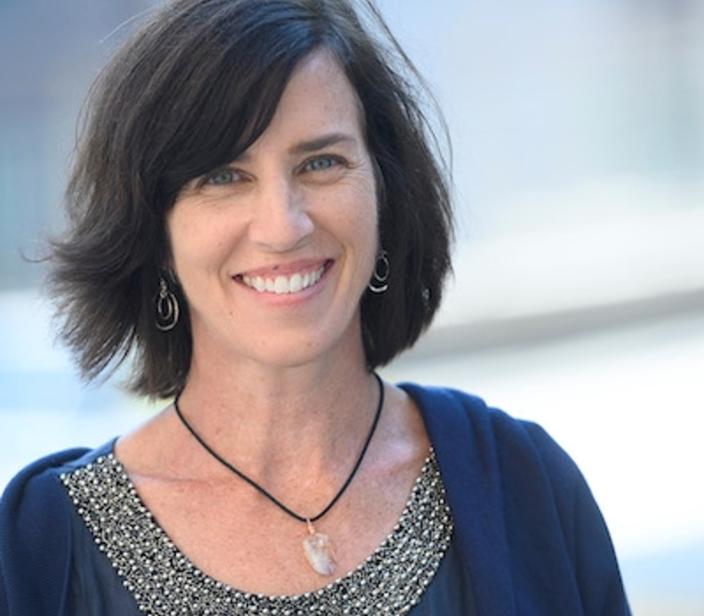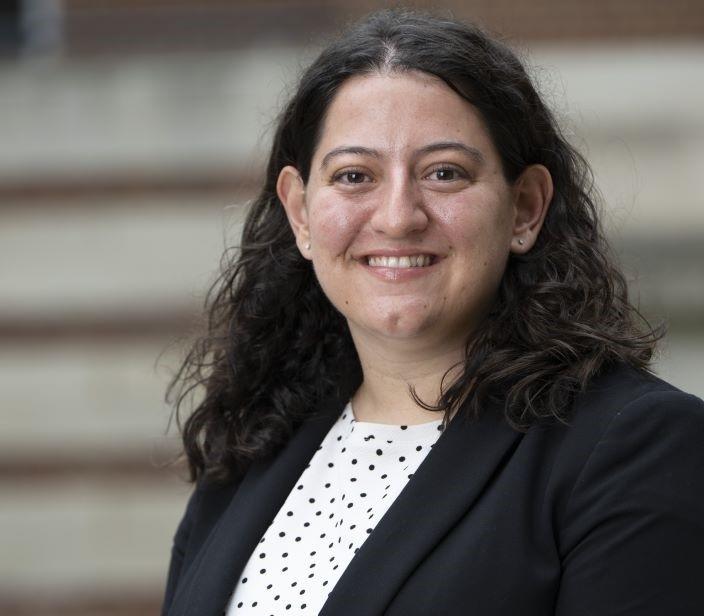Application Information
- Applications are due December 1st.
- Application resource information through the Graduate School. Application Instructions
- No GRE required
- Fall start term only (please choose Fall 2024)
- Please contact Jane Barnard with any questions about the application process & requirements (mayhe001@umn.edu).
- APPLY HERE and select Integrative Biology and Physiology PhD as your graduate program.
APPLICATION REQUIREMENTS
- Undergraduate degree with transcript of classes taken, including at least:
- 1 year of Calculus, Physics, and Biology
- 2 years of Chemistry
- Exceptions can be made, contact mayhe001@umn.edu
- Resume or Curriculum Vitae
- Personal Statement: Please provide a personal statement explaining what influenced your personal decision to pursue the program. Provide specific examples of previous research experience, projects you have completed, and what technical skills you learned. Explain how you overcame challenges along the way. How does our program align with your career goals?
- 3 letters of recommendation Learn more
- GRE is NOT required or expected. We do not take your GRE scores into account when evaluating applications
- Application fee (Grants to cover fee available to domestic disadvantaged and/or URM students)
- Proof of English Language Proficiency for non-native speakers
- Optional (read expected):
- Diversity Statement
- Research Experience
WHAT DO WE OFFER?
- Monthly stipend ($34,320/year)
- Full tuition
- Health and dental benefits
- All academic fees covered
- Outstanding Research Opportunities with various research focus areas including aging, cardiovascular, immunology, metabolism, regeneration and various types of physiological research (cell, muscle, neuro, pulmonary)
- Exciting classes
- Career mentoring
- Minimal required coursework with flexible options
- Close interaction with students and faculty
- Tailored training options geared to specific career after graduate school, including academia, industry and teaching
WHAT DO WE EXPECT?
- Enthusiasm for performing research
- Commitment to excellence
- Curiosity and motivation
- Developing independence
- Most students will apply for independent funding for their stipend and research in their second/third year in the program
- Active participation in the graduate program
- Examples of student participation: Organize journal club, participate in recruitment of new students, steering committee representative, organize Zofia Zukowska lecture, organize summer colloquium
WHAT DO WE LOOK FOR?
Are you ready to apply?
We offer a PhD program with a start date in the Fall (end of August/beginning of September). Make sure you select the PhD in Integrative Biology and Physiology when applying. We do not currently offer an MS degree.
You can apply at the start of your senior year (December 1st is application deadline), although some students take a gap year to gain more research experience, since one of the most impactful elements of your application package is going to be your prior research experience.
What is the most important part of the application?
We evaluate your entire application package and we do not prioritize scoring for certain portions of your application package. If we have to identify specific parts that are likely more important than others it would be your personal statement and your prior research experience.
Who should I ask for a letter?
Since prior research experience is one of the most impactful elements of your application package, we prefer to see at least 1 letter from a current or prior research mentor. A letter should typically be provided by a professional (researcher, university professor, employer) who can evaluate you.
What do we look for in a reference letter?
One of the most important aspects we look for in a reference letter is your personal characteristics; how independent you are, how self-motivated, how curious, are you a leader to name a few characteristics. Even if none of the examples apply to you, we will be looking for personal traits. A second element we look for in letters is your communication skills and style.
How much research is expected/required?
Short answer: More is better. However, we are evaluating your enthusiasm for and commitment to performing research. Be sure to include published work, poster and/or oral presentations you have given, honors thesis or master’s thesis if available. These works are great examples of your writing. If you come from a university with limited basic science research exposure, point out how committed you are, try to participate in summer research opportunities.
What do we look for in your personal statement?
The personal statement is one of the most important documents to highlight your enthusiasm for performing physiological research. We value all aspects of research, from molecule to whole organism. You should use the personal statement to explain why you think our graduate program is a great fit for your ambitions and career perspective. You could identify specific faculty you might be interested in working with. Some students contact the specific faculty they are interested in before the application deadline via email to indicate their interest and to make them aware of the impending application. The personal statement can also be used to explain perceived or potential deficiencies in your application.
What should I write in the diversity statement?
We value a diverse and engaged student body. All students bring their own cultural and scientific perspective to our graduate program. The diversity statement can be used to express your views on what diversity is, how important this is to you or in your studies. You can also point out your commitment to embracing diversity and/or your participation in one of the events organized by the University of Minnesota or any other event. This is your opportunity to explain how you can contribute to a diverse community.
WHAT HAPPENS AFTER I SUBMIT MY APPLICATION?
We have 2 review stages for all applicants. The first stage is making a decision on who we will invite for an interview and the second stage is after the interview, where we will decide who to extend an offer of admission to.
Stage 1:
Starting December 1st, we will begin to screen applications. We typically receive many more applications that we have available spots for. We have assembled a recruitment committee who will screen all applications and decide who to invite for an interview.
- All applications will be reviewed by multiple people and discussed for their merits.
- We typically rank the applications to indicate a preliminary level of enthusiasm for a specific applicant.
The recruitment committee typically meets before the end of December and emails inviting applicants for an interview will be sent out before the end of December.
- If you receive an email inviting you for an interview, that is good news! Try to respond to it as quickly as possible, since a lot needs to be arranged in a relatively short period of time.
- International applicants will typically be interviewed via videoconferencing.
The interview is typically performed in-person at the University of Minnesota at the end of January or early February.
- During the interview you will meet with many faculty members and students and they will all provide their assessment of you as a candidate.
- In addition to the formal one-on-one interviews, we typically have a social gathering and some informative sessions.
- The interview can take place in 1 day or spread over 2 days.
Stage 2:
After the interview day(s) all faculty and students involved submit their evaluation of the applicants they met/interacted with.
The steering committee then meets and discusses all interviewees to rank them. At the end of that meeting we decide who to extend offers of admission to and who we probably will not extend an offer to.
- We try to make these decisions before the end of February to provide the applicants with enough time to make their decision by April 15th.
- If you are extended an offer of admission, congratulations! You can think about the offer and ask for additional details about the program you didn’t get the chance to ask about during the interview.
- Once you are ready to make a decision about the offer, you can email the DGS to let them know your decision and you will need to formally accept (or decline) the offer through the separate email you will receive from the Graduate School Admission office.
If you have questions about the graduate program or about the application process, please contact Jane Barnard (mayhe001@umn.edu) and/or the Director of Graduate Studies.


